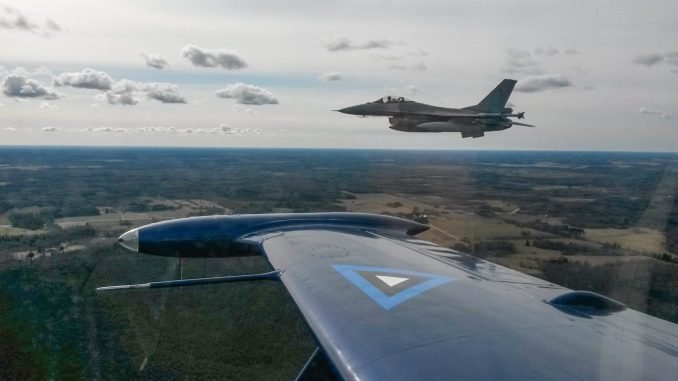
“In the face of this Russian aggression and war crimes, the UN is challenged to fulfil
its purpose. Everyone in this room, every country, will one day be asked: What did you do to stop this? What did you do to protect the Ukrainian people? Did you look the other way, or did you act? In this conflict, there is no room for neutrality. […]”
This is Belgium’s official position on the aggression against Ukraine, as reiterated by Belgian prime minister Alexander De Croo at the United Nations General Assembly last September.
Eight months after the start of the new Russian invasion of Ukraine, Belgium’s concrete military and civilian aid to Ukraine remains among the most modest of all Western countries, amounting to €213 million, or 0.04% of GDP. Meanwhile, large quantities of decommissioned armaments continue to languish in the warehouses of the Belgian army. These include hundreds of military trucks that are urgently needed by Ukraine’s army, national guard and police.
From a political point of view, the results are equally disappointing. While the war has been raging for more than 240 days, neither the Belgian prime minister Alexander De Croo, nor foreign minister Hadja Lahbib, nor defence minister Ludivine Dedonder have yet visited Kyiv. As early as the spring of this year, during the debate on whether to grant Ukraine the status of EU candidate country, Belgium’s position was, at best, inaudible. It was only after the Italian prime minister Mario Draghi had secured the support of Berlin and Paris – something of an ordeal by his own admission – that Belgium, lanterne rouge of the EU, finally came out in support.
More recently, in early October, Belgium again sadly stood out by abstaining from the vote on the 8th EU sanctions package. The reason given by the prime minister was the inclusion of Russian steel producers in the sanctions list. The Russian group NLMK owns two companies in Belgium: NLMK La Louvière and NLMK Clabecq.
According to Alexander De Croo, “as soon as the economic cost of sanctions becomes higher, it becomes difficult to show solidarity”. His approach to the war in Ukraine seems to be one of responding to another country’s natural disaster, rather than to a government facing an existential threat to its security and that of the whole Europe.
One might also question the relevance of this abstention given that, according to the European Council president Charles Michel, the EU is in the process of finalising a proposal to transfer Russian assets to Ukraine. In such a context it is hard to imagine that the Belgian assets of the NLMK group are not concerned – or that Vladimir Sergeyevich Lisin , a close associate of Vladimir Putin and the group’s main shareholder, will not end up on the list of sanctioned Russians.
Last September, Hadja Lahbib, the Belgian foreign minister, hinted at a change of direction for Belgium: “We are waiting for the right moment to go to Ukraine. We don’t want to go empty-handed.” A month later, nothing has changed. It is an odd lack of urgency, especially for a minister who has a lot to apologise for. It is true that the government has had little encouragement. Not a single parliamentarian, from the majority or the opposition, has come out in criticism.
In the meantime, Russia is stepping up its bombing of Ukraine’s civilians and its vital infrastructure. It is not a time to be proud to be Belgian. Shame would be a better word.


Be the first to comment